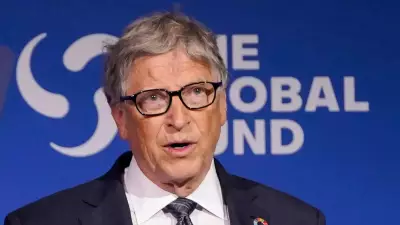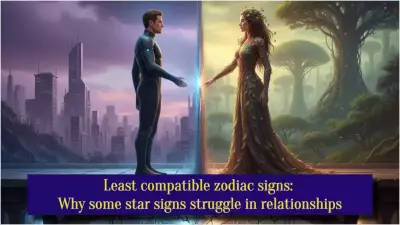
American YouTube sensation Tyler Oliveira has abruptly cancelled the release of his highly anticipated documentary focusing on a unique Indian festival, citing serious safety concerns and overwhelming online backlash.
The content creator, known for his adventurous global explorations, found himself at the center of a digital firestorm after announcing his project about the traditional 'poop-throwing' festival in India. What began as cultural documentation quickly escalated into a security nightmare.
From Cultural Curiosity to Digital Nightmare
Oliveira confessed in a recent social media statement that he had dramatically underestimated the sensitivity surrounding the festival. "The threats became too severe to ignore," he revealed, describing how the situation spiraled beyond his expectations.
The documentary was intended to showcase one of India's most unconventional traditional celebrations, but instead exposed the fine line between cultural documentation and perceived disrespect in the digital age.
Safety Concerns Override Creative Vision
Despite significant investment of time and resources into the project, Oliveira made the difficult decision to indefinitely postpone the documentary's release. The creator emphasized that personal safety and respect for cultural sentiments ultimately took precedence over content creation.
This incident highlights the growing challenges faced by international content creators navigating complex cultural landscapes while maintaining audience engagement across diverse global platforms.
A Cautionary Tale for Digital Creators
The situation serves as a stark reminder to creators worldwide about the importance of thorough cultural research and sensitivity assessment before undertaking projects involving traditional practices. Oliveira's experience underscores how quickly digital content can trigger intense reactions in our interconnected world.
As the digital community processes this development, questions remain about the balance between cultural exploration and respectful representation in the age of global content consumption.





